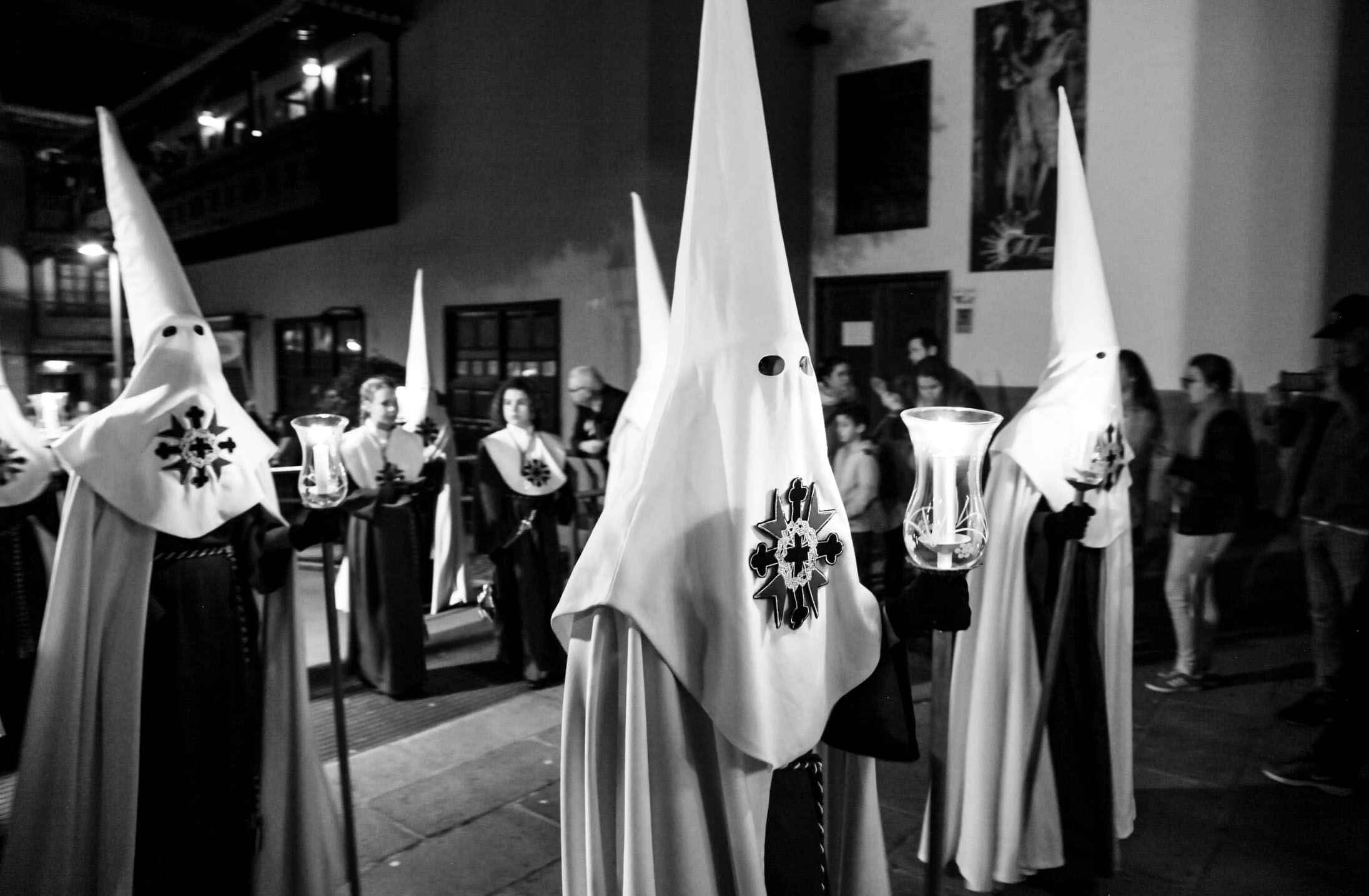
National Holidays and Celebrations: Traditions and Significance
Introduction
National holidays and celebrations are an integral part of a country's cultural tapestry. These occasions provide an opportunity for communities to come together, express their identity, and celebrate their history and values. Each nation around the world has its unique set of national holidays and celebrations, and they vary greatly in their traditions and significance. In this blog post, we'll explore the rich tapestry of national holidays and celebrations from different countries, shedding light on their diverse customs and the deeper meanings they carry.
1. Independence Day in the United States
Independence Day, commonly known as the Fourth of July, is one of the most widely celebrated national holidays in the United States. It commemorates the day in 1776 when the thirteen American colonies declared their independence from British rule.
Traditions: Fireworks displays are a hallmark of Fourth of July celebrations across the country. Families and friends gather for barbecues, picnics, and parades. The colors of the American flag, red, white, and blue, dominate decorations and clothing.
Significance: Independence Day is a time for Americans to reflect on their nation's history and values, celebrating freedom, democracy, and the pursuit of the American Dream.
2. Bastille Day in France
Bastille Day, or "La Fête Nationale," is the French national holiday celebrated on July 14th. It commemorates the storming of the Bastille prison in 1789, a key event in the French Revolution.
Traditions: The day begins with military parades in Paris and other cities. Fireworks light up the Eiffel Tower, and people enjoy communal meals and dance in the streets.
Significance: Bastille Day symbolizes the birth of the French Republic and the values of liberty, equality, and fraternity.
3. Diwali in India
Diwali, also known as the Festival of Lights, is one of India's most significant festivals. It usually falls in October or November and lasts for five days.
Traditions: People light oil lamps, candles, and decorate their homes with colorful rangoli designs. Firecrackers light up the night sky, and families exchange gifts and sweets.
Significance: Diwali represents the victory of light over darkness and good over evil. It holds deep religious and cultural significance for Hindus, Jains, and Sikhs, marking the triumph of knowledge and righteousness.
4. Chinese New Year
Chinese New Year, also known as the Spring Festival, is celebrated by Chinese communities worldwide. It marks the beginning of the lunar new year and usually falls between January and February.
Traditions: The festival involves dragon and lion dances, parades, and lantern displays. Families gather for a reunion dinner, and red envelopes with money are given as gifts for good luck.
Significance: Chinese New Year represents a fresh start and the hope for prosperity and good fortune in the coming year. Each year is associated with one of the 12 zodiac animals, adding an astrological element to the celebration.
5. Oktoberfest in Germany
Oktoberfest is the world's largest beer festival, held annually in Munich, Germany. It typically runs from late September to the first weekend in October.
Traditions: Visitors enjoy a wide variety of German beers and traditional Bavarian foods such as pretzels, sausages, and sauerkraut. Music, dancing, and amusement rides create a festive atmosphere.
Significance: Oktoberfest is a celebration of Bavarian culture and is deeply rooted in German traditions. It offers an opportunity for both locals and tourists to experience the country's rich heritage.
6. Day of the Dead in Mexico
Día de los Muertos, or Day of the Dead, is a Mexican holiday celebrated on November 1st and 2nd. It honors deceased loved ones and is a fusion of indigenous and Catholic traditions.
Traditions: Families create ofrendas (altars) with photographs, candles, marigold flowers, and the favorite foods of the deceased. Sugar skulls and colorful calavera masks are also common symbols.
Significance: Day of the Dead is a time for families to remember and celebrate the lives of their ancestors. It is believed that the souls of the departed return to the living world during this time, and the festivities help guide them on their journey.
7. Australia Day
Australia Day, celebrated on January 26th, marks the anniversary of the arrival of the First Fleet of British ships in 1788. While it is a national holiday, its significance is a topic of debate and reflection in Australia.
Traditions:Celebrations include fireworks, parades, and barbecues. The "Triple J Hottest 100" countdown, featuring the year's most popular songs, is a cultural tradition.
Significance: For some, Australia Day is a day of national pride, while for others, it represents a day of mourning, as it also marks the beginning of colonization and dispossession of Indigenous land and culture.
Conclusion
National holidays and celebrations are a window into the soul of a nation. They reflect the values, history, and cultural diversity of a country. Whether it's the patriotic fervor of the Fourth of July in the United States, the vibrant lights of Diwali in India, or the communal spirit of Oktoberfest in Germany, these celebrations bring people together and provide a sense of belonging and identity.
It's important to recognize that while these celebrations often carry historical and cultural significance, they can also be a source of reflection and change. As societies evolve and become more diverse, national holidays can become platforms for dialogue and understanding among different communities.
In a globalized world, understanding and appreciating the traditions and significance of national holidays from around the world can foster cross-cultural empathy and appreciation. It reminds us that, at the core, we all share a common human desire to celebrate, connect, and find meaning in our lives, our communities, and our nations. So, next time you witness a national holiday or celebration, take a moment to delve deeper into its traditions and significance, and you'll discover a world of cultural richness and diversity.